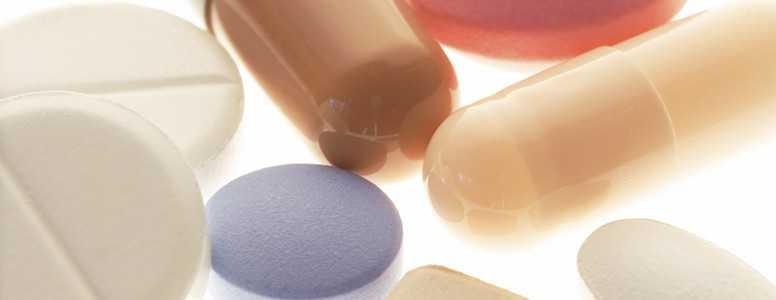The diabetes drug Byetta (exanatide) could help to reduce cocaine dependence, according to new research.
Byetta, an injectable GLP-1 receptor agonist, is commonly used to treat people with type 2 diabetes who cannot achieve normal blood glucose levels through metformin, or metformin in combination with other drugs.
One function of GLP-1 agonists is to reduce the speed at which the stomach empties after eating, increasing satiety. Researchers at the University of Pennsylvania set about investigating whether this effect of the drug could make it promising as a treatment for cocaine addicts.
Previous research had shown that activating GLP-1 receptors in a specific part of the brain, known as the ventral tegmental area (VTA), reduced human consumption of a burger and fries, but did not affect salad consumption. The VTA is the area of the brain that deals with reward behaviour.
The Penn team hypothesised that if GLP-1 regulates intake of palatable food, it could potentially regulate consumption of cocaine.
In a two-and-a-half year study, the study team offered rats a lever to press which would deliver intravenous infusions of cocaine. When the rats had a stable drug-taking regimen, the researchers activated GLP-1 receptors, which work similarly in rat and human brains, and the rats wanted less cocaine.
This is the first time that GLP-1 has been shown to affect drug consumption in the brain, the researchers claim. Dr. Heath Schmidt said: “We were able to show a nice decrease in cocaine self-administration.”
The next aim for the researchers is to conduct human trials. Because Byetta has already been proved safe for human use, the researchers are confident that these trials may not be far away.
“Our interest is really to understand how chronic exposure to drugs of abuse changes the brain to produce addiction-like behaviours,” added Schmidt.
The study was published in the journal Neuropsychopharmacology.
What's new on the forum? ⭐️
Get our free newsletters
Stay up to date with the latest news, research and breakthroughs.







